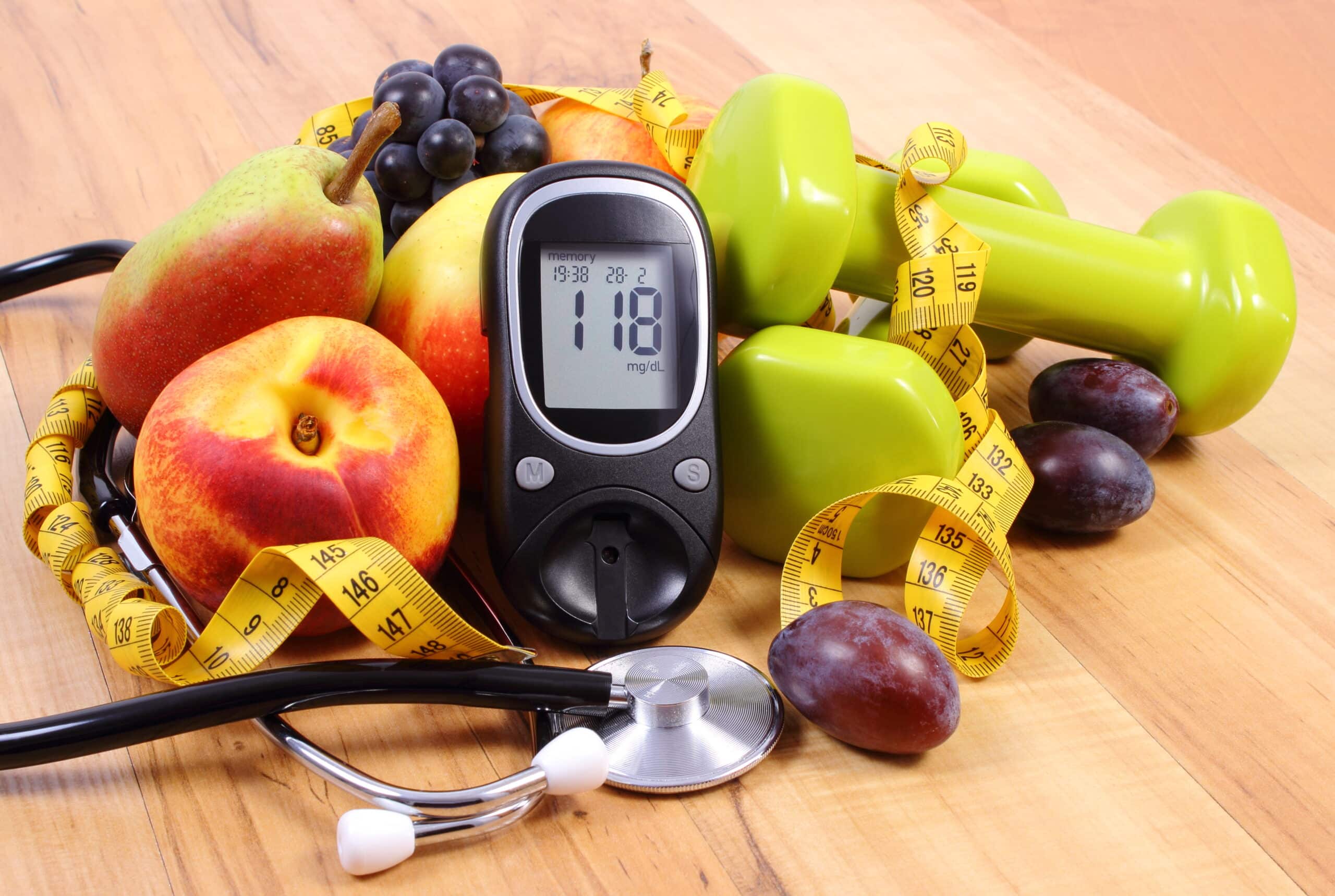Statistics tell us that there is a strong relationship between heart disease and diabetes. At least 68 percent of people age 65 and older with diabetes die from some form of heart disease. Adults with diabetes are two to four times more likely to die from heart disease than adults with diabetes. Individuals with diabetes also have a high incidence of heart disease without symptoms due to nerve damage from elevated blood sugar.
Overtime, high blood glucose from diabetes can damage blood vessels and cause the complications of diabetes, including heart disease. The good news is that blood sugar can be controlled, along with other concurrent risk factors such as high blood pressure, cholesterol, obesity, smoking and a sedentary lifestyle.
The steps you take to manage your diabetes can also help to lower your chances of having heart disease by taking control of your blood sugar and other risk factors. Meeting with a certified diabetes educator can educate you on your individual risk and goals and how to manage them.
When meeting with a diabetes educator, patients can also learn the ABC’S of diabetes, adapted by the American Diabetes Association.
A: A1C – a lab test that shows your average of blood sugar for the last three months. It should be less than 7.0.
B: Blood pressure – Blood pressure should read at 130/80 or lower.
C: Cholesterol – High levels of LDL (>100) and triglycerides (>150) can increase the risk of heart disease.
S: Stop smoking, stop sedentary lifestyle, get enough sleep and manage stress.
Family history of heart disease cannot be controlled, but a focus on factors that can be controlled and altered by lifestyle and medical treatment should be the priority. Discuss your plan for risk reduction with your provider.
To learn more about the Center for Diabetes, Nutrition and Metabolism at Pascack Valley Medical Center, call 201-781-1375.

